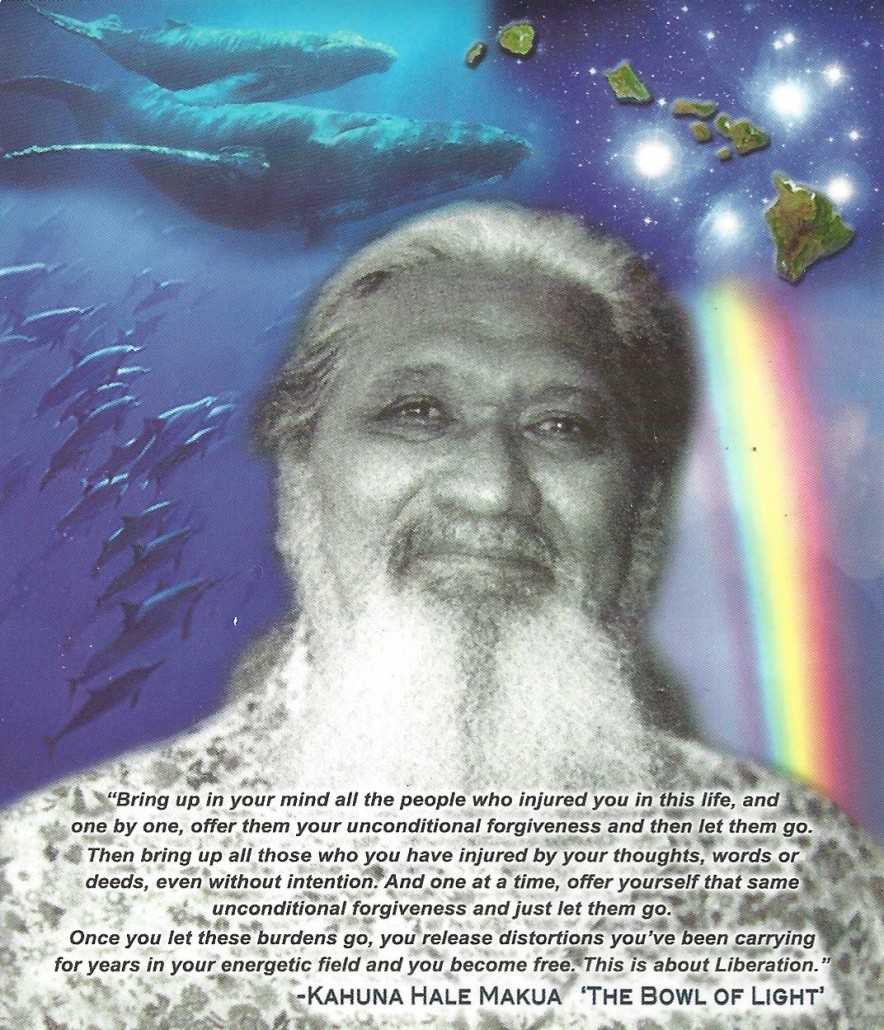Extending Life, Preventing Chronic Illness
Many people think they do not want to live until their 100’s, because they envision a life of dysfunctional old age, restricted mobility, poor sensory function and corrupted brain capacities. However, centenarian studies show that people who live the longest are also the healthiest. Centenarians have less cancer and cardiovascular disease and if they do, they recover better and stay autonomous longer.
Our centenarians show us the way to age gracefully. Everyone can live and die a natural death. All it takes is to accumulate as many years as possible of a healthy life, day after day. No matter how old you are, it is not too late to start now. Our western world promotes a poor nutrient, high chemically processed foods diet and a sedentary lifestyle, which both strongly contribute to chronic illnesses that shorten our natural lifespan. We die from cardiovascular disease, cancer and neurodegenerative diseases like Alzheimer’s. These diseases can be very easily prevented and it is never too late to start.
First: Create a Clear Strong Intention
Take a few days to reevaluate your life and make the decision to take control of your health for the best: be healthy and happy. Then get educated: Turn off your TV to avoid being bombarded by pernicious advertising promoting agribusiness and consumption, programming your brain with unconscious behaviors. Get an educated opinion through your own research. It takes courage to swim against the mainstream but the reward is extremely valuable: a healthy body and a happy mind.
Second: Remove Any Barriers You May Have
Remove any barriers that are preventing you from implementing your plan to eat healthy, be physically active and have a life of meaning and purpose. Make a list of the following obstacles:
1) Addictions
All of us have to deal with addiction because we live in a society that is promoting addiction to material goods rather than a motivation for personal growth. Companies know that to keep people buying more than what is needed they have to create diversity and multiple stimulating goods. Salt, sugar and corn are in great amounts in all processed foods because they stimulate the part of the brain that release pleasure hormones. The results are a nation of continuously increasing obese and overweight people who are shortening their lives unnecessarily.
Most people think of addictive substances as nicotine, alcohol, pharmaceutical and recreational drugs. However, studies have shown that sugar and gluten cause the same neurochemical addiction pathway.
2) Psychological Drama
Another obstacle to a healthy life is attachment to psychological drama. Psychological drama has the same effect as drugs and creates a foggy mind. Our life becomes boring when we do not use our creativity and we search for stimulation by stirring our relationships with people. Psychological drama takes away our peace.
3) Traumas
We get stuck by holding on to traumas that we experienced in the past, carrying our stories with us and missing the experience of the present. Aging gracefully includes letting go of these wounds, forgiving others and ourselves. Wisdom is the learning that we gain from the acceptance of our vulnerability and our sensitive nature.
4) Sedentary Lifestyle
Our modern society has evolved towards a mechanically assisted lifestyle. We do not use our body anymore in our daily life. Rather we press buttons, steer wheels, and sit in front of a computer. This is at a loss of meaningful physical exercise that we were getting in the past growing our garden, pushing our bike and grinding our flour. Meaningful activities connect us to our environment in a different way than exercise does. Meaningful activities are an antidote for depression and anxiety that undermine our modern world.
Once we dedicate ourselves to a good life and remove the obstacles, choices are easy and health comes naturally. A healthy body and mind will take you to the limits of your potential for a long life uninterrupted by the sad mortality from modern diseases.

